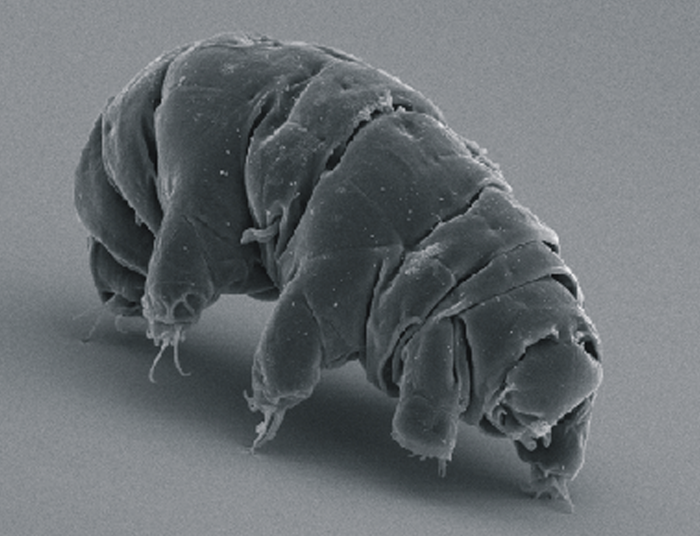What Would It Take To Completely Sterilize the Earth? - The Atlantic
https://www.theatlantic.com/.../2017/07/what-would-it-take-to-completely-sterilize-the-earth/533613/
Three astrophysicists calculate that even huge asteroids and exploding stars probably wouldn’t wipe out all life.
The odds of finding life on another planet hinge on the answers to two big questions. First, how often does life arise? Second, once it does arise,
how likely is it to persist without being completely wiped out? The first question is extremely difficult, especially since we have exactly one example
of a life-spawning planet. But the second question is easier to answer—at least for Earth—and a trio of astrophysicists have given it a shot.
In a paper delightfully titled “The Resilience of Life to Astrophysical Events,” David Sloan and Rafael Alves Batista, both from the University of Oxford,
and Avi Loeb, from Harvard University, estimated the odds that a space-borne catastrophe like an incoming asteroid would completely sterilize the Earth.
Reassuringly, they think those odds are astronomically low—about one in 10 million for every billion years. “The conclusion we come to is that life, once it
starts anywhere, is hard to eradicate,” Sloan says. In other words: Life finds a way (even if you bludgeon it with a giant space rock or an exploding star).
To be clear, the three researchers aren’t concerned with the fate of humans—a fragile, fleshy species that, in Loeb’s words, can be “killed by climate change
or affected by bad politics.” Instead, the trio wanted to know what it would take to wipe out all life on the planet. And to do that, they focused on the world’s
hardiest animals—the tardigrades.
